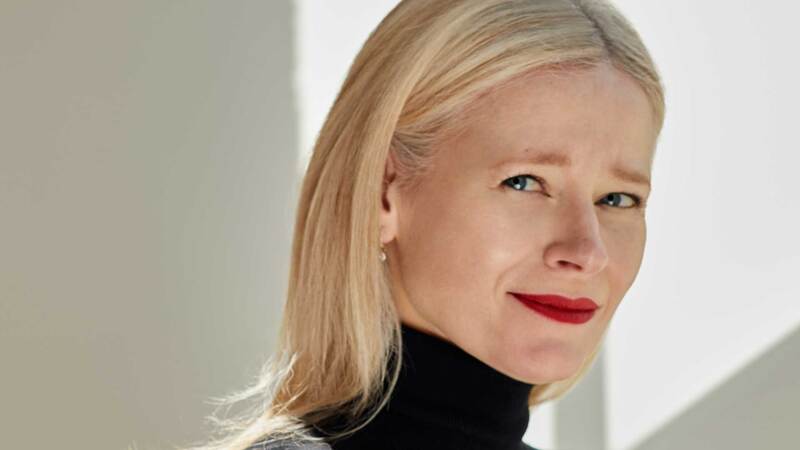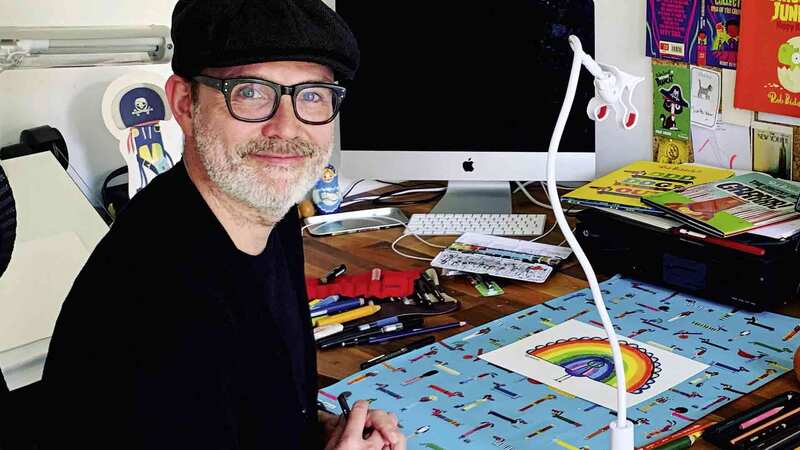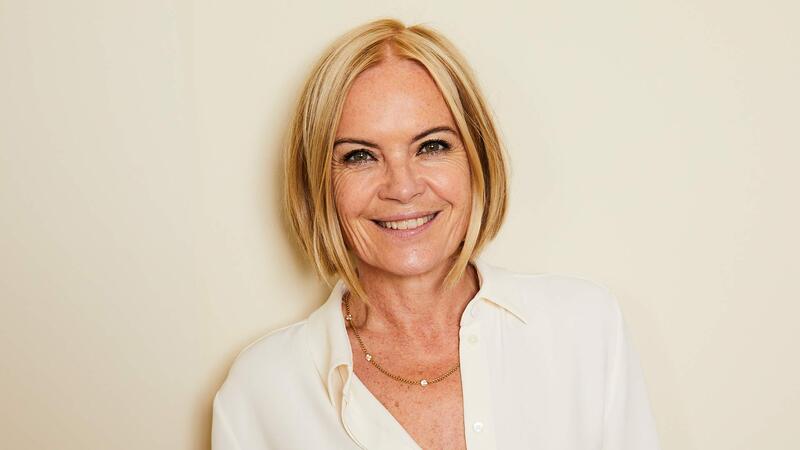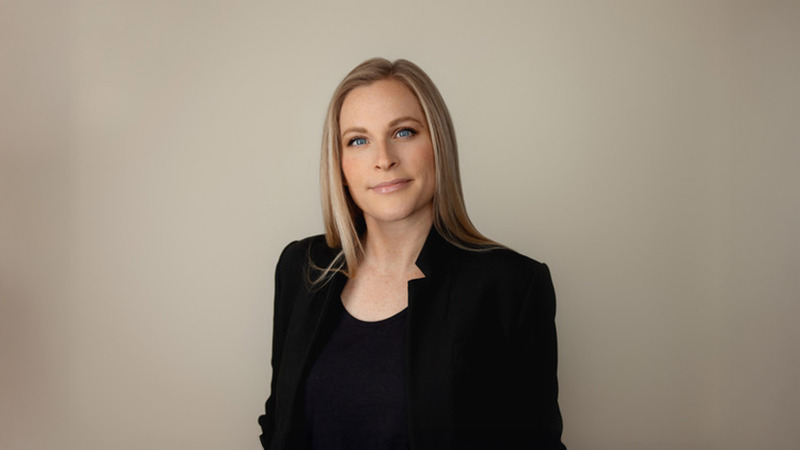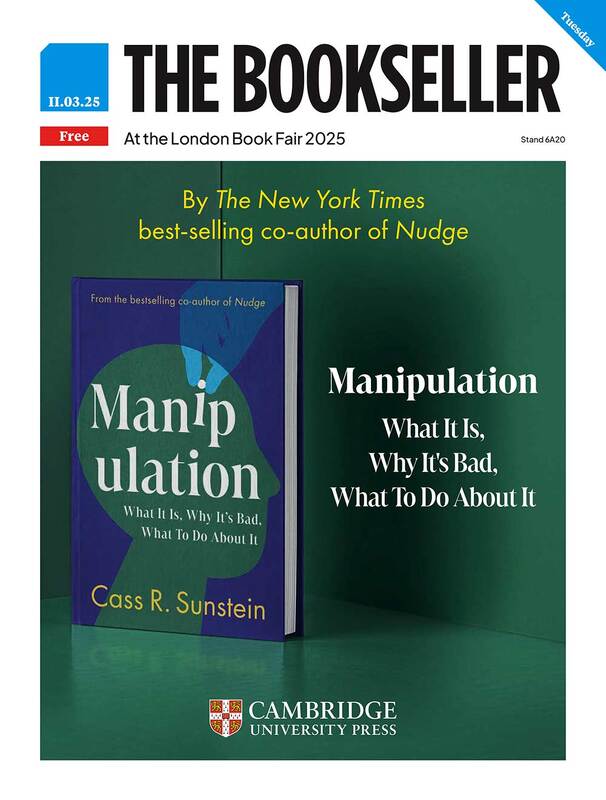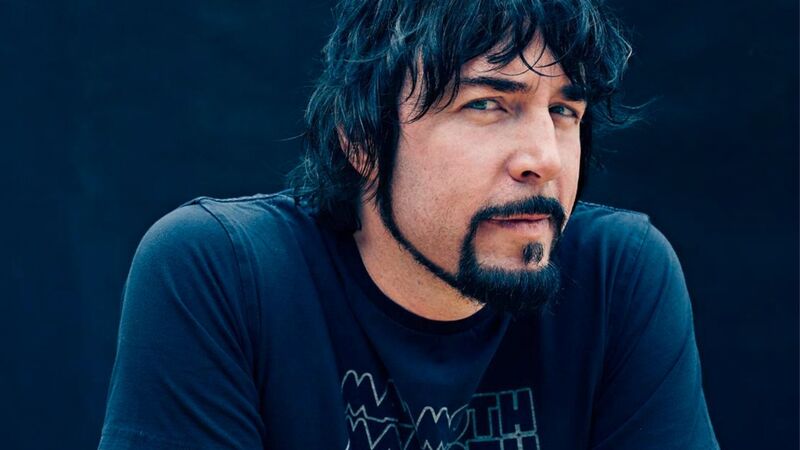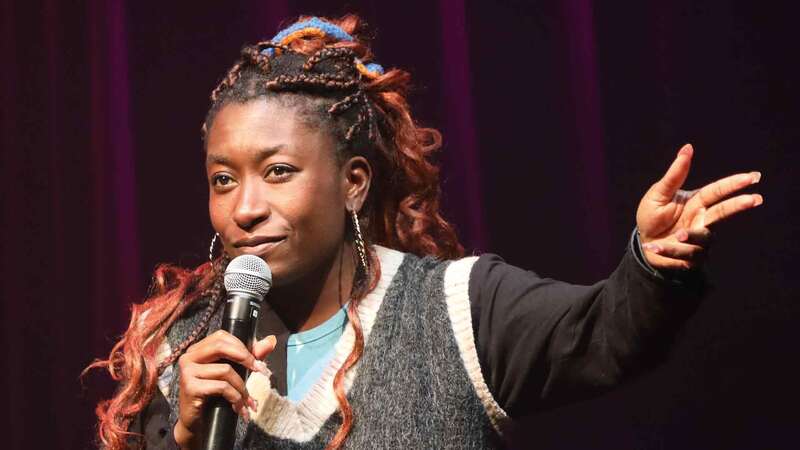You are viewing your 1 free article this month. Login to read more articles.
Bloomsbury signs memoir of concentration camp survivor
Bloomsbury is to publish the "remarkable" memoir of Zuzana Ruzickova, who survived three Nazi concentration camps, slave labour and the anti-Semitic Communist dictatorship of former Czechoslovakia to become one of the world’s most acclaimed harpsichordists.
Having been a musical prodigy, Ruzickova’s three years in the camps as a teenager left her hands so severely damaged that she was never expected to be able to play at concert level. "Through diligence and the supportive love of her husband, the Czech composer Viktor Kalabis, she become one of the 20th century’s most renowned musicians, and the first person to record the entire keyboard works of Bach", said the publisher.
Publishing director Michael Fishwick acquired the UK and Commonwealth rights from Laura Williams at PFD for publication in Spring 2019, after Williams learnt of Ruzickova’s story from an upcoming documentary entitled "Zuzana: Music is Life", premiering in the UK on 18th November 2017.
Ruzickova passed away, aged 90, on 27th September this year in Prague. Wendy Holden, author of the Holocaust memoir, Born Survivors (Sphere), will write the book.
“Zuzana’s story, told in her own words, is of a life spent living and breathing music, triumphing in the face of the worst degradation a person can suffer,” said Williams. “It is the story of the vital importance of culture and beauty in a world of increasing chaos and disorder. It is a story of love – of music, of country, of family, of life.”
Fishwick added: “I am very proud to be publishing the memoir of Zuzana Ruzickova. The proposal was moving, terrible and terrifying, and, made up of transcripts of her own account of her life, was full of poignancy and profoundly moving dignity. And as one of the world’s most renowned harpsichordists she has her own perspective. She herself writes, 'A Bach fugue is something above human suffering. It’s about order. It’s about law. It’s about something more than human. For me it always reaches the depths of suffering, but then there is something above you, about your individual faith and above your individual suffering.’ In the context of her own experiences, and the sheer randomness of how she survived their horror, through, as she puts it, a hundred miracles, these are extraordinary, visionary words.”






